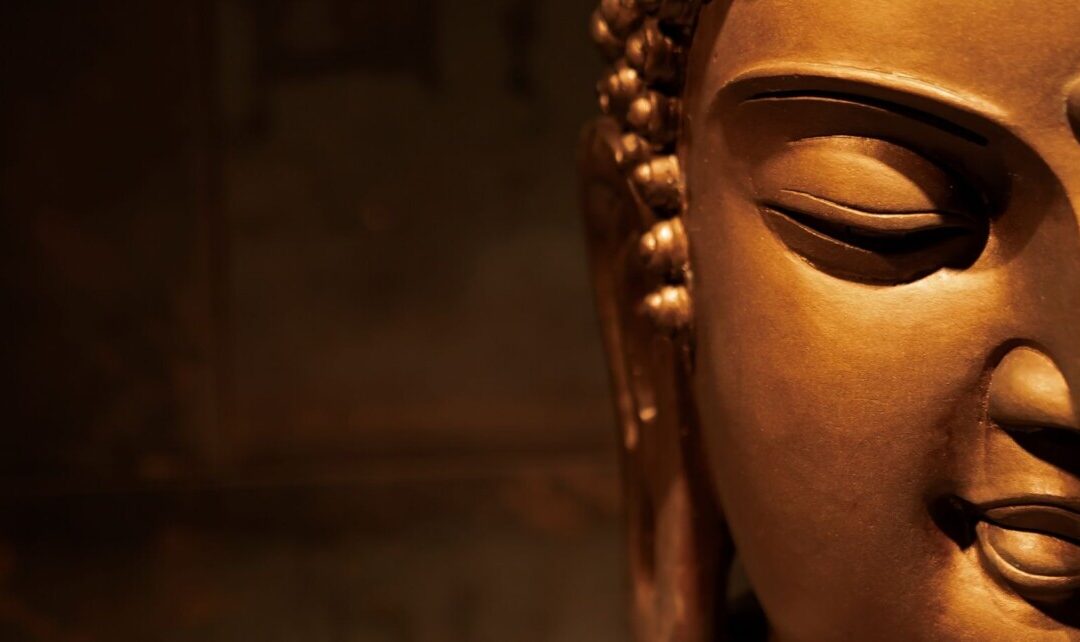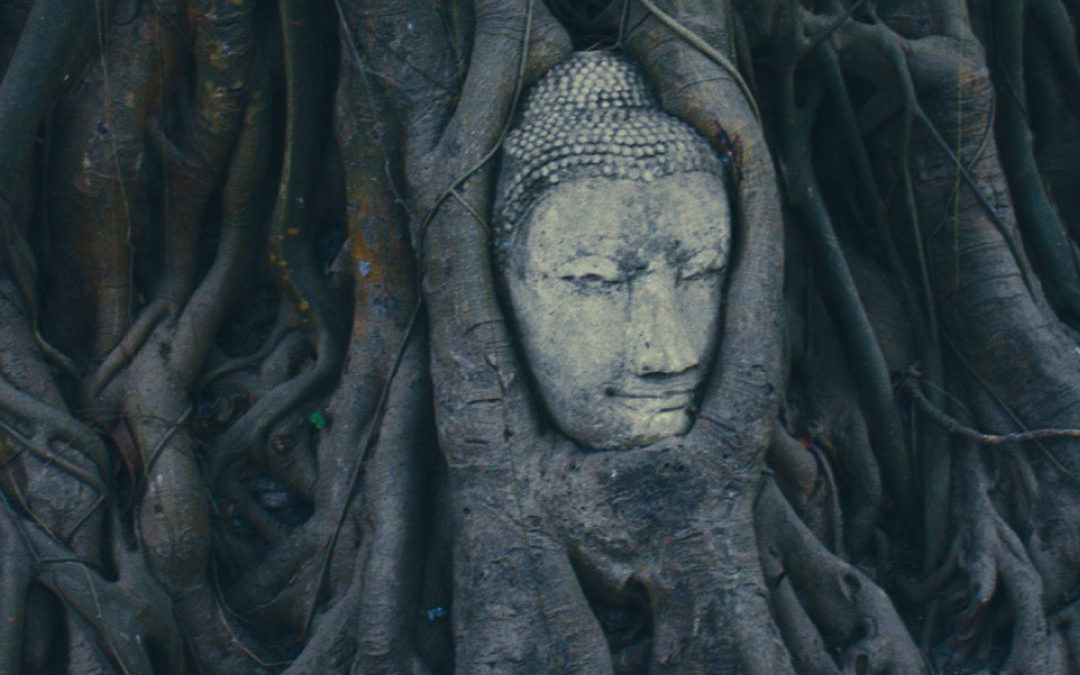What is Anxiey?
Anxiety is an emotion which we all experience, usually before or during a challenging experience. When we are anxious, we might feel tense, worry, or experience physical anxiety signs like an increased heart rate or heavy breathing.
Cognitive Behavioural Therapy
Anxiety can also refer to a group of mental health disorders which includes generalised anxiety disorder, social anxiety disorder, and panic disorder. If you seek help from a clinician, the go-to treatments for anxiety disorders are medications and/or cognitive behavioural therapy (CBT). CBT typically involves education around how anxiety works, identifying and challenging negative thoughts, gradual exposure to feared situations, and relaxation techniques.
HOW COMMON IS ANXIETY?
Large-scale surveys suggest that up to ⅓ of people experience an anxiety disorder in their life, but these experiences exist on a spectrum across the whole population. So, it is not the case that there are ‘people with anxiety’ and ‘people without anxiety’, but that some people are more anxious and some people are less anxious. This means that we can all benefit from practices that reduce our day-to-day levels of anxiety and improve our mental health.
CAN MINDFULNESS IMPROVE ANXIETY?
There is evidence that mindfulness, meditation, and yoga practices have benefits for reducing anxiety. A 2011 Meta-analysis found that mindfulness and acceptance based interventions were associated with substantial reductions in anxiety symptoms. In one randomised control trial (the gold standard for studies that test interventions), anxiety scores fell significantly following treatment by 31-43%.
Another study found that an online mindfulness course reduced anxiety scores by about 50%. There is also evidence that loving-kindness meditation, guided-imagery, mantra meditation, and yoga may improve anxiety. However, more research is needed to establish how effective these practices are and under what circumstances they work best. For anxiety which is disrupting your day-to-day life, these practices should not be used as a replacement for CBT or medications. Instead, they should be seen as a practice which can form part of a self-care routine, created by the individual to suit their needs and preferences. You should always consult a clinician if you are worried about the state of your mental health.
COPE BETTER WITH ZENMIND
If you are ready to start your journey in managing your health and wellbeing, sign up for the Zenmind App. It’s free to begin. Our expert teachers, which includes teachers of meditation, buddhism and yoga, as well as counsellors and psychotherapists, will help you understand anxiety and how to cope better.







0 Comments